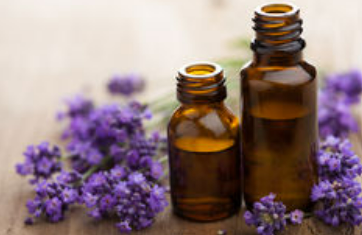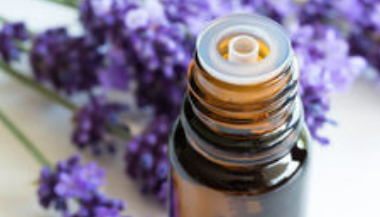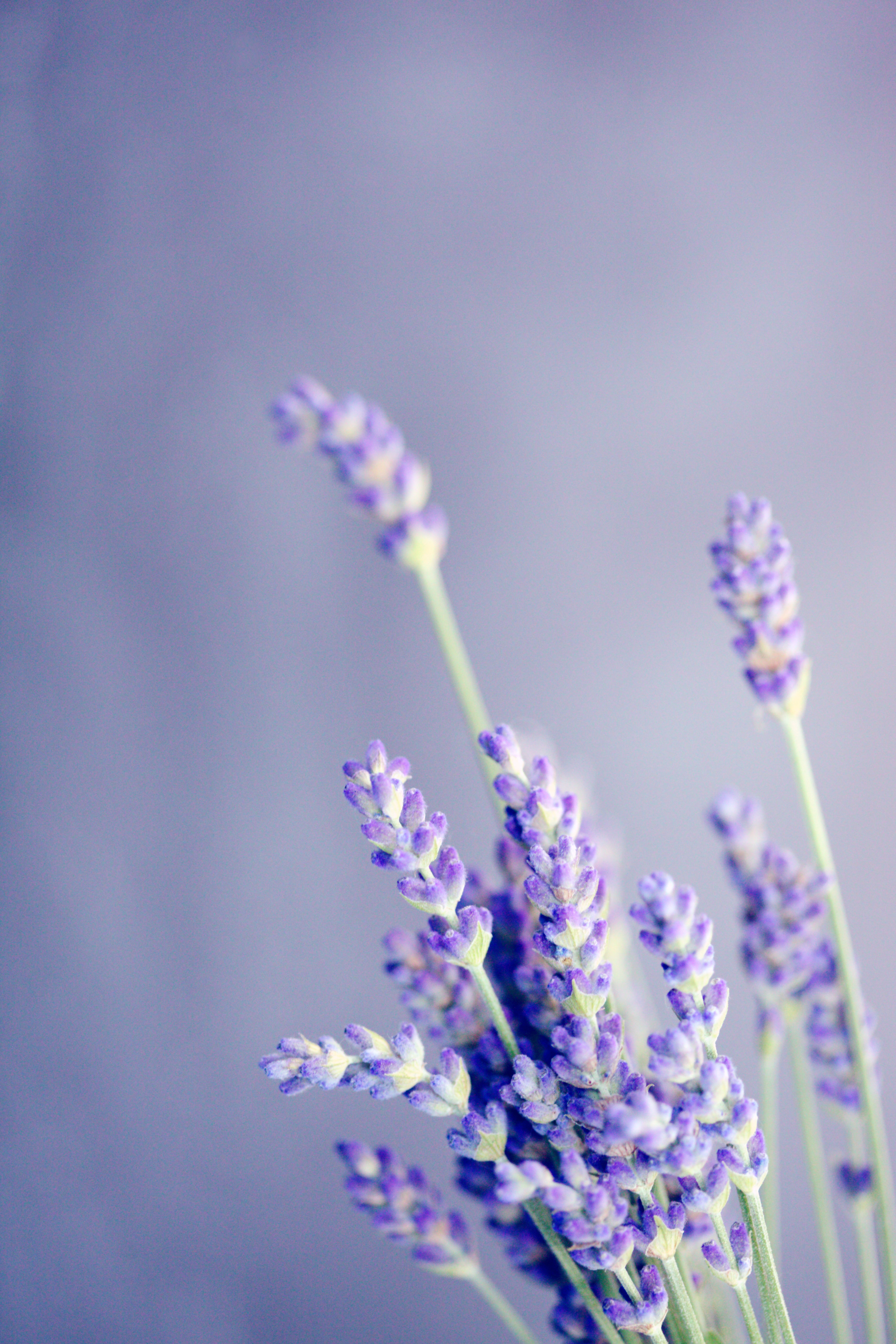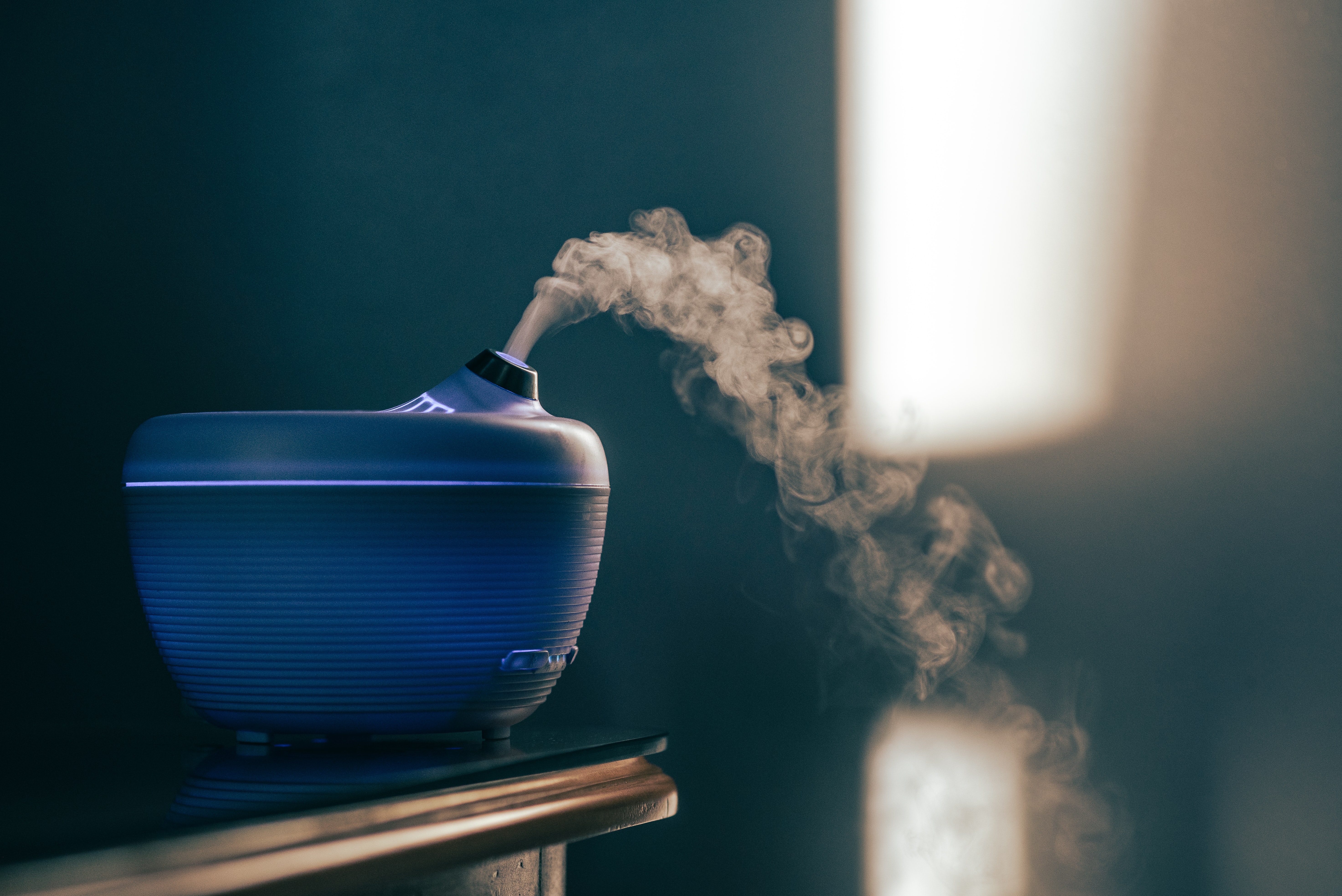- Home
- Essential Oils
- Lavender Essential Oil
Discover Lavender Essential Oil

It's Lavender Essential Oil that first thing springs to mind when thinking about essential oils.
This versatile oil has long been extolled for its relaxing and calming properties and its fragrance is a common inclusion in numerous household products ranging from soaps and bath salts to laundry detergents. However, lavender oil boasts a broad array of benefits beyond these traditional applications due to its unique chemical composition.
Extraction Process of Lavender Oil
Lavender essential oil is extracted from the flowers of the lavender plant using steam distillation. Here's a brief overview of the process:
- Harvesting: The lavender flowers are harvested when they are in full bloom, usually in the morning when the oil content is at its highest.
- Preparation: The harvested flowers are then cleaned and allowed to dry briefly to remove any excess moisture.
- Distillation: The dried flowers are placed in a distillation chamber along with water. Steam is then passed through the chamber, which causes the oil in the lavender flowers to evaporate.
- Separation: The steam containing the evaporated oil is then condensed back into a liquid, which is collected in a separate container. The oil and water are then separated, with the oil floating on top of the water.
- Filtration: The collected oil is then filtered to remove any impurities or plant material, resulting in a pure lavender essential oil.
The process of extracting lavender oil using steam distillation is a delicate and precise process that requires careful attention to detail. The quality and purity of the resulting oil can be affected by factors such as the temperature, pressure, and duration of the distillation process, as well as the quality of the lavender flowers used.

Chemical Compounds In Lavender Essential Oil
Lavender oil is made up of a variety of chemical compounds, including linalool, linalyl acetate, terpinen-4-ol, and camphor. Linalool is the primary compound in lavender essential oil, making up about 30-40% of its composition. This compound is responsible for lavender's calming and relaxing properties. Linalyl acetate is another significant component of lavender oil, making up about 20-35% of its composition. This compound is known for its anti-inflammatory and analgesic properties.
Terpinen-4-ol is another compound found in lavender essential oil, making up about 3-6% of its composition. This compound has been shown to have antimicrobial properties, making it an excellent oil to use for skin infections or to clean surfaces around the home. Finally, camphor is a minor compound in lavender essential oil, making up only about 0.5-1% of its composition. This compound is known for its pain-relieving properties and can help alleviate sore muscles and joints.
What Are The Health Benefits of Lavender Oil?
Lavender essential oil has a range of health benefits, many of which are related to its chemical composition. Here are some of the key health benefits of lavender essential oil:
- Reduces Anxiety and Stress: Lavender oil has been shown to have a calming effect on the nervous system, making it an excellent oil to use for anxiety and stress relief. This oil can help reduce feelings of anxiety and promote relaxation, making it a popular choice for aromatherapy.
- Improves Sleep Quality: Due to its calming properties, lavender essential oil can also help improve sleep quality. This oil can help promote relaxation and reduce stress, making it easier to fall asleep and stay asleep throughout the night.
- Alleviates Pain and Inflammation: Lavender essential oil has been shown to have anti-inflammatory and analgesic properties, making it an excellent oil to use for pain relief. This oil can help alleviate sore muscles and joints, as well as reduce inflammation in the body.
- Promotes Skin Health: Lavender essential oil has antimicrobial properties, making it an excellent oil to use for skin infections or to clean wounds. This oil can also help promote healthy skin by reducing inflammation and promoting healing.
What are the best ways to use Lavender Essential Oil?
There are many ways to use lavender essential oil, including:
- Aromatherapy: Add a few drops of lavender essential oil to a diffuser to create a calming and relaxing atmosphere in your home.
- Topical Use: Dilute lavender essential oil with a carrier oil (such as coconut oil or jojoba oil) and apply it to the skin to help alleviate pain or promote healing.
- Bath: Add a few drops of lavender essential oil to your bathwater for a relaxing and calming experience.
- Cleaning: Add a few drops of lavender essential oil to a spray bottle filled with water to create a natural cleaning solution for surfaces around your home.
What does Lavender smell like?

Lavender essential oil has a sweet, floral, and slightly herbaceous scent. It is often described as fresh and calming, with a soothing aroma that can help promote relaxation and reduce stress. The scent of lavender essential oil can vary depending on the region and the method of extraction, but it generally has a pleasant and familiar aroma that is widely recognized and appreciated. Some people describe the scent of lavender essential oil as powdery, while others may detect a slightly woody or balsamic undertone. Overall, lavender essential oil has a pleasant and versatile scent that makes it a popular choice for aromatherapy and other uses.
What other essential oils does Lavender Essential Oil blend well with?
Lavender essential oil blends well with many other essential oils, including:
- Citrus Oils: Lavender essential oil blends well with citrus oils such as lemon, orange, and grapefruit. This combination creates a refreshing and uplifting aroma.
- Peppermint Oil: Peppermint oil is known for its energizing and invigorating properties, and when combined with lavender oil, it creates a refreshing and cooling scent.
- Eucalyptus Oil: Eucalyptus oil has a cooling and invigorating effect on the respiratory system. When combined with lavender oil, it creates a relaxing and soothing aroma that can help promote respiratory health.
- Rosemary Oil: Rosemary essential oil is known for its stimulating and energizing properties. When combined with lavender oil, it creates a fresh and invigorating scent that can help improve focus and concentration.
- Frankincense Oil: Frankincense oil is known for its grounding and calming properties. When combined with lavender oil, it creates a soothing and relaxing aroma that can help promote relaxation and reduce stress.
- Bergamot Oil: Bergamot oil is known for its mood-lifting properties and when combined with lavender oil, it creates a calming and uplifting scent.
These are just a few examples of essential oils that blend well with lavender essential oil. When blending essential oils, it's important to keep in mind the properties of each oil and how they work together to achieve a specific effect. Always dilute essential oils properly before use and consult with a qualified aromatherapist if you have any questions or concerns.
In conclusion, lavender essential oil is a versatile oil with a range of health benefits. Its unique chemical composition makes it an excellent oil to use for anxiety and stress relief, pain and inflammation, and skin health. Whether you choose to use it for aromatherapy, topical application, or cleaning, lavender essential oil is a must-have for any essential oil enthusiast.



New! Comments
Have your say about what you just read! Leave a comment in the box below.